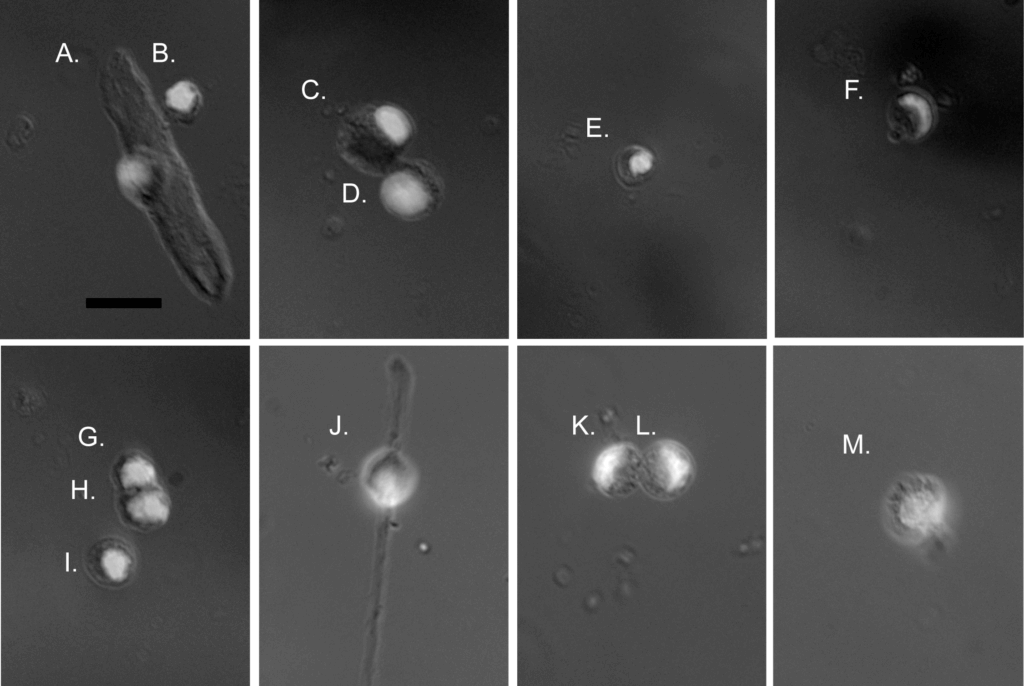2014
Journal Publication
Current Topics in Developmental Biology
Histone Modifications and Regeneration in the Planarian Schmidtea mediterranea
Robb SMC, Sánchez Alvarado A
The freshwater planarian Schmidtea mediterranea has emerged as a powerful model system for studying regeneration and adult stem cell (ASC) biology. This is largely due to the developmental plasticity of these organisms and the abundant distribution and experimental accessibility of their ASCs. Techniques such as whole mount in situ hybridization (WISH), dsRNA-mediated interference (RNAi), halogenated thymidine analogs for defining cell lineages, and fluorescence activated cell sorting (FACS) among other methods, have allowed researchers to interrogate the biology and attendant pluripotent stem cells of these animals in great detail. Therefore, it has now become possible to interrogate and define the roles that epigenetic states may play in regulating ASCs, and by extension, regeneration proper. Here we provide a primer on the types and number of histone families found in S. mediterranea, known epigenetic marks of these molecules and a survey of epigenetic modifying enzymes encoded by the planarian genome. We also review experimental evidence indicating that such modifications may in fact play key roles in determining the activities of planarian stem cells.
Address reprint requests to: Alejandro Sánchez Alvarado



